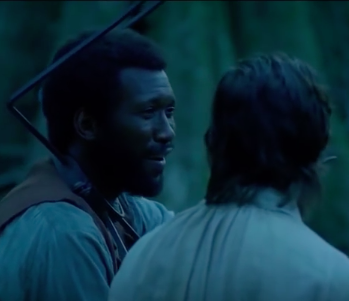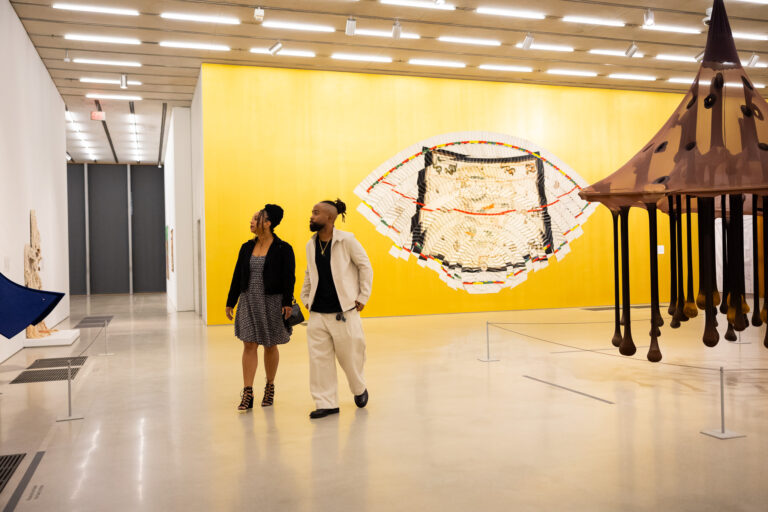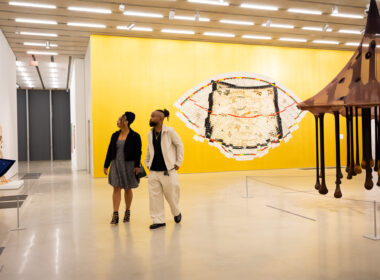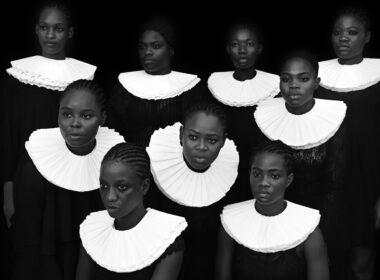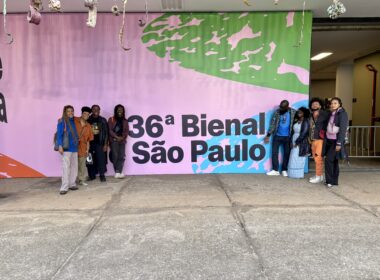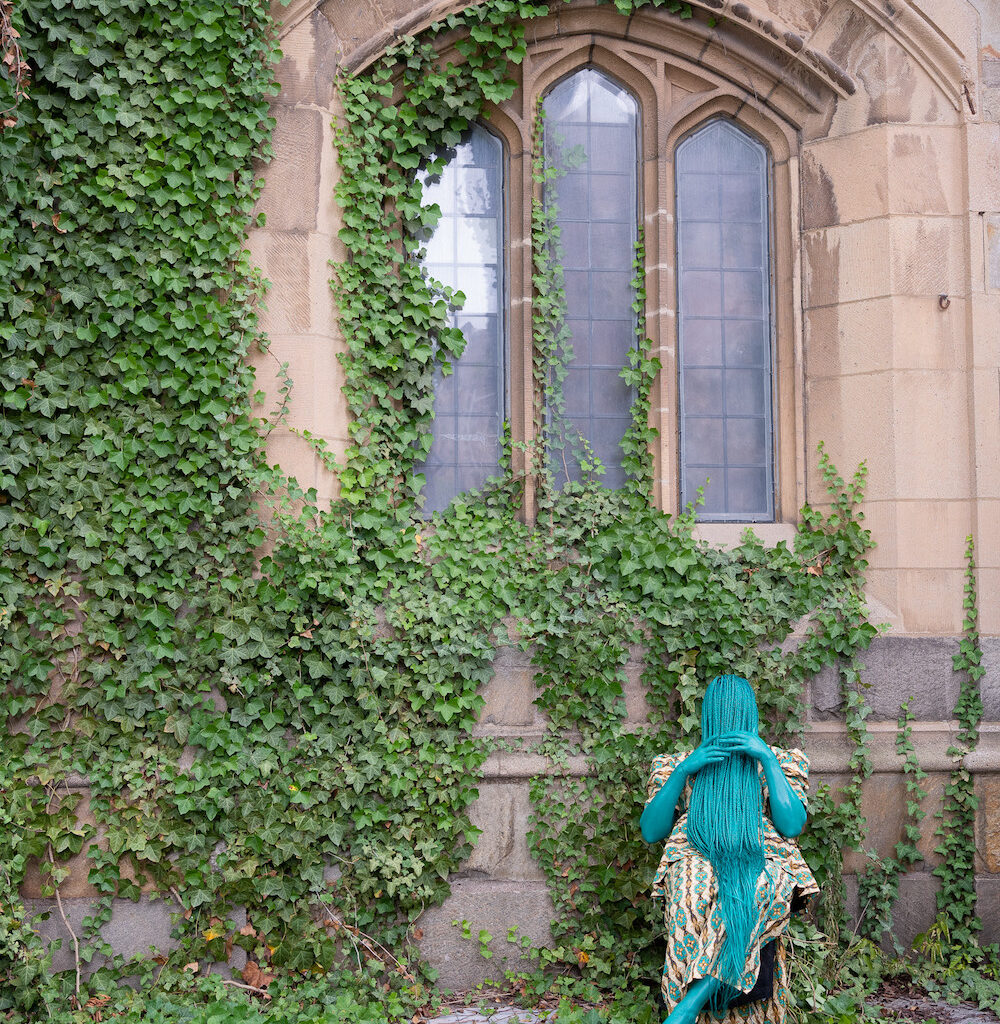From this day forward we declare the land north of Pascagoula Swamp, south of enterprise and east to the Pearl River to the Alabama border, to be a FREE STATE OF JONES.
Thus begins the oral manifest delivered by Newton Knight to his makeshift band of 125 widowed/abandoned mothers, Confederate deserters and runaway slaves who make up the faction of resistance called “Knight Company” in the state of Mississippi founded in 1863.
Yes, that’s right. MISSISSIPPI! In the 1860’s through early 1900’s.
It’s hard to believe that there was this level of mobilization across color, gender and class lines given the current developments about shootings of young men of color in Baton Rouge, Louisiana and St. Paul, Minnesota.
But it really happened and the leader of this #OccupyJonesCounty movement was Newton Knight, portrayed righteously by southern Everyman Matthew McConaughey, grandson of one of the largest slave owners in Jones County, Mississippi but never owned slaves of his own, becoming a farmer instead. Knight was drafted into the Confederacy in 1861 but became disillusioned with the costly losses of human life on both sides.
It also didn’t help that the “Twenty Negro Law” insured that slave owners with 20 slaves or more were exempt from being drafted, making the southern cause more about finances than the chivalrous call to arms American history textbooks would like us to believe in middle school.
But once Knight deserts his position and returns home, he is faced another atrocity happening among his neighbors – Confederate soldiers fleecing poor farmers and widowed mothers with children of food, crops and vital supplies needed for survival.
Disillusionment turns to frustration. Frustration becomes self-analysis. Self-analysis transforms into subversion.
The striking image of Newt arming a young mother and her three little girls with rifles on their homestead after they had been robbed by Confederate officers of food illustrates the subversive shift of blind allegiance to the Confederate cause towards self-preservation.
But not all the Confederate deserters easily yielded to the new concept of their fellow deserters of color aka runaway slaves being children of God JUST LIKE THEM.
You have to check out a pivotal scene with an exchange between Knight and his wayward follower where Newt fully dissects the concept of the N-word, adopting it to his fellow deserter than to Moses, played exquisitely by Mahershala Ali, a runaway slave whose wife and son were sold to another plantation yet maintains his composure as he is called the derogatory and humiliating term in front of everyone.
Like the folklore of Robin Hood and his Merry Men of England, Newton adopts a philosophy that keeps crops, food and supplies in the hands of those who need them the most – poor farmers, their wives and families left behind because of the war, army deserters and runaway slaves living in the nearby swamp.
And up until the end of the Civil War in 1865, Free State of Jones truly remains free, protected by its citizens with weapons sent from Union forces but never taken seriously by their cause. Now, that’s shade.
During Reconstruction in the years 1867 through 1875, African American slaves became voting citizens and even elected officials after 400 years of captivity.
Deserters became the middle-class elite and Confederate soldiers became local landowners, government officials, and secret members of a newly formed cult group called the Klu Klux Klan who couldn’t let go of that racist grudge from the war.
Unfortunately, this development shifted priorities of the Knight Company, making the issues of safety for new citizens of color less important to their fellow white neighbors who were supportive only a few years beforehand during the war.
I don’t even need to describe the disgusting atrocities your ancestors either committed or were victimized by.
So what’s the point of this film? Is this going to make me feel guilty or get more pissed off than I already am? – You ask.
Probably. But it’s also going to give you another narrative about our American history that you probably never knew existed.
If that can happen in the most divided time in our United States, what can we do together NOW?
Classism, Racism, Slavery and Reconstruction: How Free State of Jones Complicates America’s Narrative and Empowers the #BlackLivesMatter Movement
